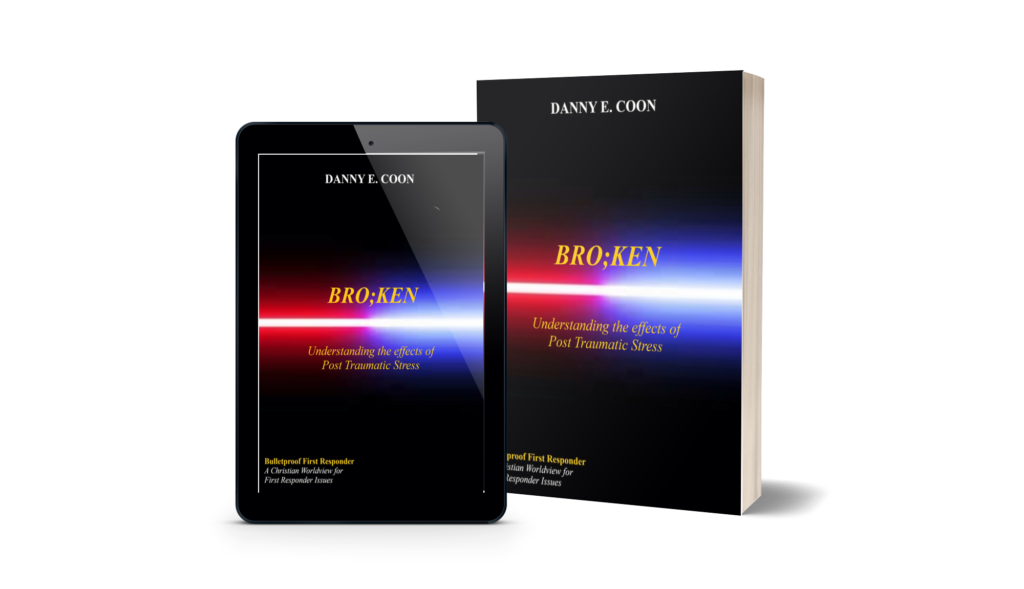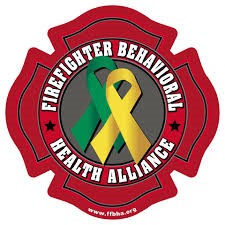Embitterment

Photo by Michael Shannon on Unsplash
Due to the nature of the job, embitterment is prevalent among first responders. You get passed over for a promotion, a close friend turns against you, or you just get burned out from the cumulative exposure to the high stress calls for service; you may become a victim of the most toxic and destructive human emotion there is, bitterness.
Bitterness dims the light leading your soul into the darkness. It is that nagging response that does not stop; it is a malicious activity that reacts to life’s adverse events. It is that intentional or unintentional seed that was planted in you. Bitterness takes root in your heart, and left unchecked, can destroy you, fast-tracking you through depression, anger, resentment, and suicide.
31 Get rid of all bitterness, rage and anger, brawling and slander, along with every form of malice. 32 Be kind and compassionate to one another, forgiving each other,
just as in Christ God forgave you.
Ephesians 4:31-32 NIV
The Cambridge Dictionary defines bitterness (noun) as:
-
- A feeling of anger and unhappiness
And bitter (adjective) as:
-
- Someone who is bitter is angry and unhappy because they cannot forget bad things that happened in the past:
A bitter experience causes deep pain or anger:
expressing a lot of hate and anger:
- Someone who is bitter is angry and unhappy because they cannot forget bad things that happened in the past:
Called embitterment in the psychology field, bitterness is that feeling of helplessness because you believe that you’ve lost control. It causes fatigue, insomnia, and eating disorders, leading to low confidence, personality and self-image changes, and relationship problems. Long term embitterment embeds you in the past, keeping you from moving forward. You spend most of your time replaying the event in your head, wasting time and energy and blinding you from the positive aspects of life. Being bitter affects not only you but everyone you interact with.

Photo by Andreea Popa on Unsplash
Psychologists have identified six raw human emotions: surprise, happiness, sadness, disgust, fear, and anger. Combined with the view of foul play, bitterness is a consequence of the tangled trap of those feelings. Some psychologists perceive that bitterness is resentment; resentment is the closest emotional construct to bitterness. Embitterment is the necessary foundation for hatred.
Post Traumatic Embitterment Disorder (PTED)
Post Traumatic Embitterment Disorder was introduced to the psychology field in 2003 by German psychiatrist Michael Linden as a new mental disorder, defining PTED as the mental reaction to a critical event that is normal, but not every day. The event is seen as unjust and as a violation of fundamental core beliefs. PTED was created to categorize a subtype of an adjustment disorder, with the central response pattern being a prolonged feeling of embitterment. Posttraumatic embitterment disorder (PTED) is a reaction to unjust or humiliating life events, including embitterment and impairment of mood, somatoform complaints, reduction in drive, withdrawal from social contacts, and even suicide and murder-suicide.[1] Currently, PTED has not been included in the Diagnostic and Statistical Manual of Mental Disorders (DSM–5).
15 See to it that no one falls short of the grace of God
and that no bitter root grows up to cause trouble and defile many.
Hebrews 12:15 NIV
In the article “The ‘Pseudocommando’ Mass Murderer: Part II, The Language of Revenge,” for the Journal of the American Academy and Psychiatry and the Law Online, Dr. James L. Knoll studied the communications of Seung-Hui Cho. Mr. Cho, a Virginia Polytechnic Institute student, shot and killed 32 people and wounded 17 others in the deadliest school shooting in U.S. history. At the end of his shooting spree, Cho committed suicide. Through his research, Dr. Knoll determined that Cho suffered from chronic embitterment, intensifying his revenge desires.
PTED and PTSi
Modeled after Post-Traumatic Stress injury, PTED is a response to a trauma that was experienced. People suffering from PTSi become hopeless, anxious, and fearful; bitter people rave for revenge; they are left angry and helpless. Through his research, Professor Linden discovered that many of the symptoms of PTED are the same as PTSi, with the difference being is that PTSi sets off constant panic reactions that leave you on high alert, and PTED leaves you in a state of rage and helplessness.
Bitterness and Sin
Bitterness goes back to the beginning of humanity; bitterness was the cause of the first murder. The Book of Genesis, chapter 4, is the story of Cain and Abel.
Now Abel kept flocks, and Cain worked the soil. 3 In the course of time Cain brought some of the fruits of the soil as an offering to the Lord. 4 And Abel also brought an offering—fat portions from some of the firstborn of his flock. The Lord looked with favor on Abel and his offering, 5 but on Cain and his offering he did not look with favor. So Cain was very angry, and his face was downcast. Genesis 4:3-5 NIV.
Cain had an evil and bitter heart; because of Abel’s favor with God, Cain began to hate Abel. Cain’s bitterness intensified until he committed a horrible crime. Cain killed his brother Abel.
The Cure for Bitterness
Nearly all counselors, secular and religious, agree that forgiveness is the ultimate cure. Forgiveness alone empowers you to let go of complaints, hard feelings, spite, and disdain. To forgive, we should look to the bible; we need to:
-
-
- Trust the Sovereignty of God
-
Whatever you are going through has been orchestrated by the hand of God. Have faith that God has a purpose for you, 28 And we know that in all things God works for the good of those who love him, who have been called according to his purpose. Romans 8:28 NIV.
-
-
- Extend God’s Grace
-
Do not seek revenge; live out the gospel of grace. Just as Christ has freely forgiven us, so we need to forgive those who have sinned against us.12 And forgive us our debts, as we also have forgiven our debtors. Matthew 6:12 NIV.
-
-
- Demonstrate Love in a Practical Way
-
When appropriate, look for ways to express love and forgiveness. Pray for the person who caused your bitterness, embrace the gospel of grace, and extend it to those who hurt you. Bitterness is not cured by revenge, but by giving grace, just as God in Christ did for us.
Bitterness arises in our hearts when we do not trust
in the sovereign rule of God in our lives.
The Pursuit of Holiness by Jerry Bridges, © 1996, p. 120.
-
- Linden M, Baumann K, Lieberei B, Lorenz C, Rotter M. Treatment of posttraumatic embitterment disorder with cognitive behaviour therapy based on wisdom psychology and hedonia strategies. Psychother Psychosom. 2011;80(4):199-205. doi: 10.1159/000321580. Epub 2011 Apr 14. PMID: 21494061. ↑










